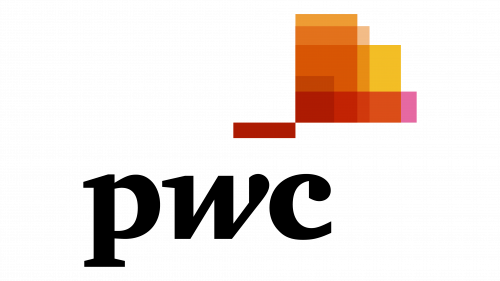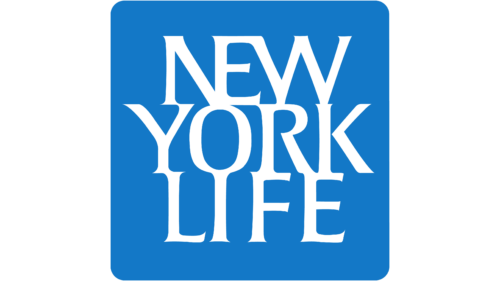What you’ll study in actuarial science
You’ll learn from a wide curriculum that includes calculus, algebra, finance, microeconomics, macroeconomics, as well as probability and statistics. The courses can easily be completed by students in any major, but especially so for math and economics majors. Denison offers the required courses in three tracks.
Related Majors
Applied statistics track in the math curriculum
These two approved courses complete the applied statistics VEE topic requirement for the applied statistics track.
- Mathematics 220 or 242: Applied Statistics
- Mathematics 401: Statistical Modeling
Economics track in the economics curriculum
To complete the VEE qualification for the economics track, you must take at least one microeconomics and one macroeconomics course from this list:
- Economics 101 Introductory Macroeconomics
- Economics 102 Introductory Microeconomics
- Economics 301 Intermediate Macroeconomics
- Economics 302 Intermediate Microeconomics
Accounting and finance track in the economics curriculum
These two approved courses complete the accounting & finance VEE topic requirement for the accounting and finance track.
- Economics 149: Accounting Survey - Financial Accounting
- Economics 430: Financial Economics II
Become an actuary
What sets actuaries apart from other professionals is their ability to learn and assimilate a wide range of information and communicate it effectively. As their careers move beyond the traditional insurance industry boundaries, actuaries are finding that a versatile storehouse of knowledge pays off.
The SOA accepts Denison courses to fulfill their requirements for validation by educational experience (VEE). These courses also prepare you to succeed in the probability and financial math exams.
You must fulfill two requirements of the Society of Actuaries (SOA):
-
Pass SOA exams in probability and financial math.
-
Complete coursework that satisfies SOA educational experience requirements.
Jobs as an actuary
Completing your actuary courses will prepare you for careers in Insurance companies, as financial planners, and in multinational corporations that need to assess and quantify risk. Actuary careers are highly paid and low-stress.
Career communities
Students who study actuarial science often join one or more of our career communities. Those interested in exploring actuarial careers can join the Financial Services, Consulting, and Business career community.
Career Exploration
Through the Knowlton Center for Career Exploration and its training center, Denison Edge, career coaches help you prepare for the next step after college, and industry experts help you acquire specialized skills and certifications.




Beyond the Classroom
Internships
Explore careers related to actuarial science through an internship (or two!).
Study Abroad
Study actuarial science in your chosen region to enhance your language skills and cultural agility while building your career network. Conduct research during a semester abroad or complete a summer internship in another country.
Summer Scholars
Delve into independent research through our Summer Scholars program. All Summer Scholars receive a stipend and a housing allowance plus supplemental funds for research expenses.
